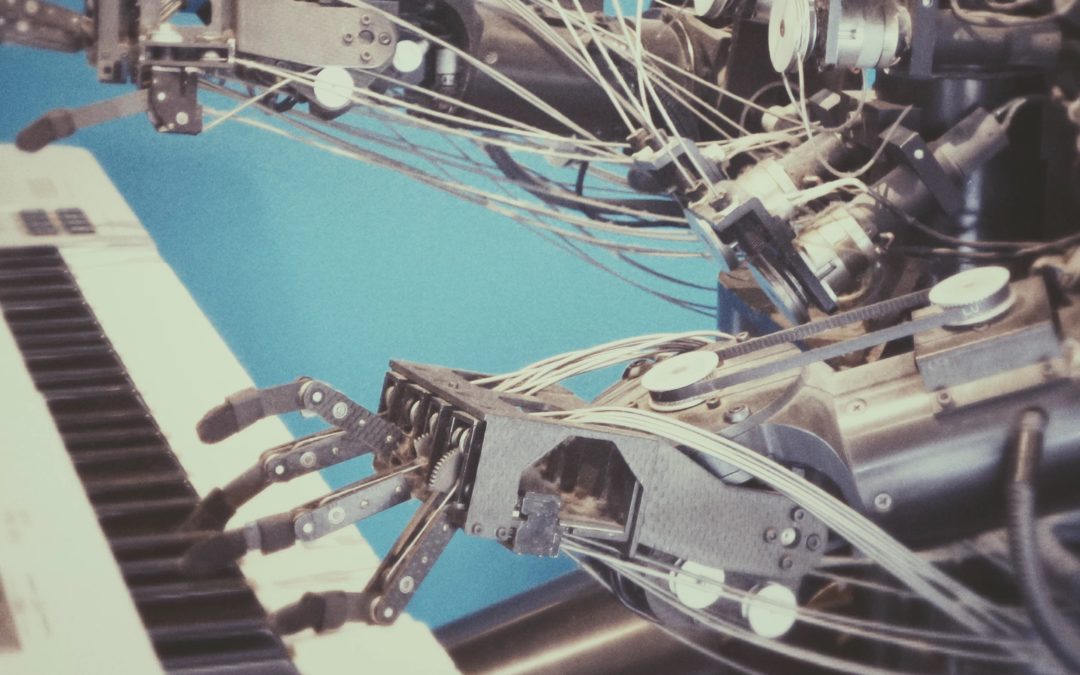The rapid automation of many business functions is already beginning to have profound implications for both companies and employees, and is transforming the way people work, their roles, and job security.
Just about every industry sector and profession is affected, with the pace of change especially rapid where the tasks are repetitive or rules-based, such as administration and accounting. There will still be valuable roles for humans of course, especially people who can deliver services that require the empathy, imagination and judgement that algorithms can’t. However, less adept employees will see their roles disappear, or will likely see their pay cut as unemployment figures surge, and an abundance of cheap, surplus contract workers is created.
“Automation tends to increase poverty and inequality rather than unemployment.”
– Ryan Avent, The Economist
Historical Economist and Futurist Thomas Frey predicts that by 2020, there will be an aggregate loss of 5 million jobs in 15 major developed and emerging economies, with administration staff being the hardest hit. The looming layoffs as part of the fallout from the ‘Fourth Industrial Revolution’ are expected to be partially offset by 2 million new jobs. In a more radical view of the future, the World Economic Forum (WEF) anticipates that 2 billion jobs, equivalent to half of today’s total, will cease to exist.
“Without urgent and targeted action today to manage the near-term transition and build a workforce with futureproof skills, governments will have to cope with ever-growing unemployment and inequality, and businesses with a shrinking consumer base,” warns WEF’s Klaus Schwab.
Working hours and work places―either at home or even in shared working spaces―will be transformed beyond recognition in the foreseeable future. Workers’ futures are uncertain, and only the most versatile, who are creative and skillful in the use of new technology will survive. The same is true of the businesses they work for.
Is it all doom and gloom?
Socio-economic upheavals in the past, such as the industrial revolution, caused many to panic that machines would replace manual laborers. When the automobile appeared as the dominant form of transportation, virtually all the workers who looked after horses, stables, and carriages lost their jobs.
However, when new industries and related business sectors spring up, more and better paid jobs with improved working conditions and hours of employment can also be created. Between 1760 and 1840, the developed world experienced a period of economic growth and attained a level of prosperity that trickled down to the working and middle classes, and opened opportunities for education and advancement.
Will the “Fourth Industrial Revolution” cause the same level of disruption and new opportunities as previous quantum technology shifts? The answer for society is yes, and for the individual, there is a narrow window to align your skill sets with the changing demands of the world of work.

